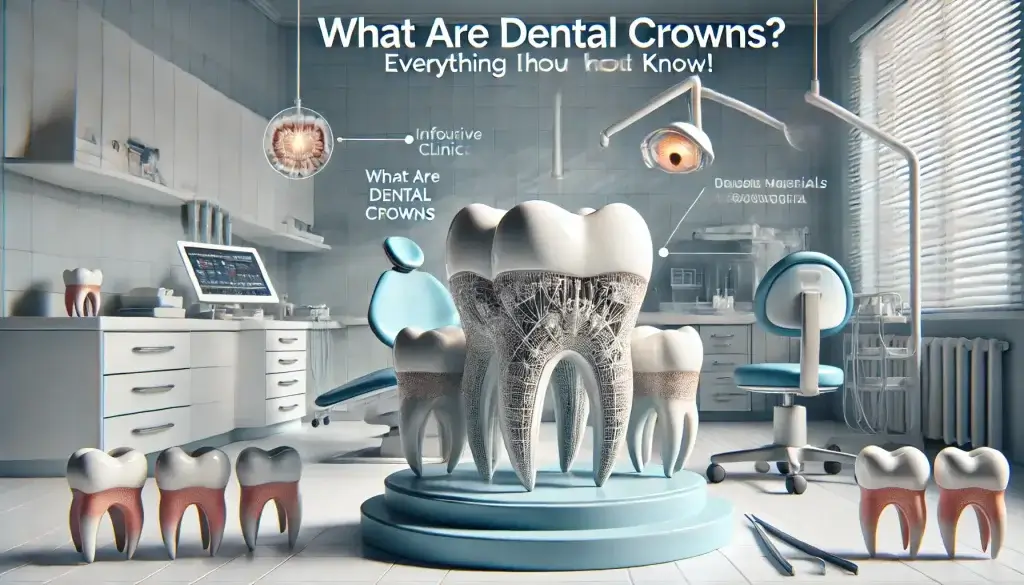Dental crowns are tooth-shaped caps placed over damaged or weakened teeth to restore their strength, shape, and appearance. They are commonly used when a tooth is cracked, severely decayed, or after a root canal treatment. Crowns protect the tooth from further damage while allowing it to function normally.
At Prestige Dental Inc, custom crowns are designed to match the size and color of natural teeth for a seamless look. Materials like porcelain, metal, or ceramic are used based on durability and aesthetics. The process typically involves reshaping the tooth, taking impressions, and placing a temporary crown until the permanent one is ready.
Crowns can also be used for cosmetic purposes, improving the look of misshapen or discolored teeth. With proper care, they can last many years, providing long-term protection and support. To learn more about dental crowns and whether they are the right option, visit Prestige Dental Inc at https://cliftonsdentist.com/.
Dental crown types
Dental crowns come in different materials, each with unique benefits depending on durability, appearance, and cost. The most common types include:
- Porcelain Crowns – These provide a natural look and blend seamlessly with surrounding teeth. They are a great choice for front teeth due to their aesthetic appeal but may not be as strong as metal options.
- Porcelain-Fused-to-Metal (PFM) Crowns – These combine the strength of metal with the natural look of porcelain. They are durable and work well for both front and back teeth but can show a dark metal line over time if gums recede.
- Metal Crowns – Made from gold, silver, or other metal alloys, these are highly durable and long-lasting. They withstand heavy chewing forces, making them a good option for molars, though they are more noticeable.
- Zirconia Crowns – Strong, long-lasting, and more natural-looking than metal crowns, zirconia is a popular choice for those wanting durability and aesthetics.
- Resin Crowns – More affordable but less durable, resin crowns are often used as temporary solutions.
The best crown type depends on function, appearance, and budget. A dentist can recommend the right option based on individual needs.
When to get dental crowns?
Dental crowns are recommended when a tooth is too damaged or weakened to function properly on its own. They provide protection, restore strength, and improve the appearance of a tooth. One of the most common reasons for getting a crown is to repair a cracked or broken tooth, as leaving it untreated can lead to further damage or infection.
Severe tooth decay that cannot be fixed with a filling may also require a crown to restore the tooth’s structure. After a root canal, a crown is often placed to protect the treated tooth, which becomes more fragile after the procedure. Crowns are also used to support dental bridges, covering adjacent teeth to hold the bridge securely in place.
For cosmetic reasons, crowns can improve the shape, size, or color of a tooth, especially if it is severely worn down or discolored. If a tooth is weak, painful, or at risk of breaking, a crown may be the best long-term solution for protecting it and maintaining a healthy smile.
Cassia Rowley is the mastermind behind advertising at The Bad Pod. She blends creativity with strategy to make sure ads on our site do more than just show up—they spark interest and make connections. Cassia turns simple ad placements into engaging experiences that mesh seamlessly with our content, truly capturing the attention of our audience.


